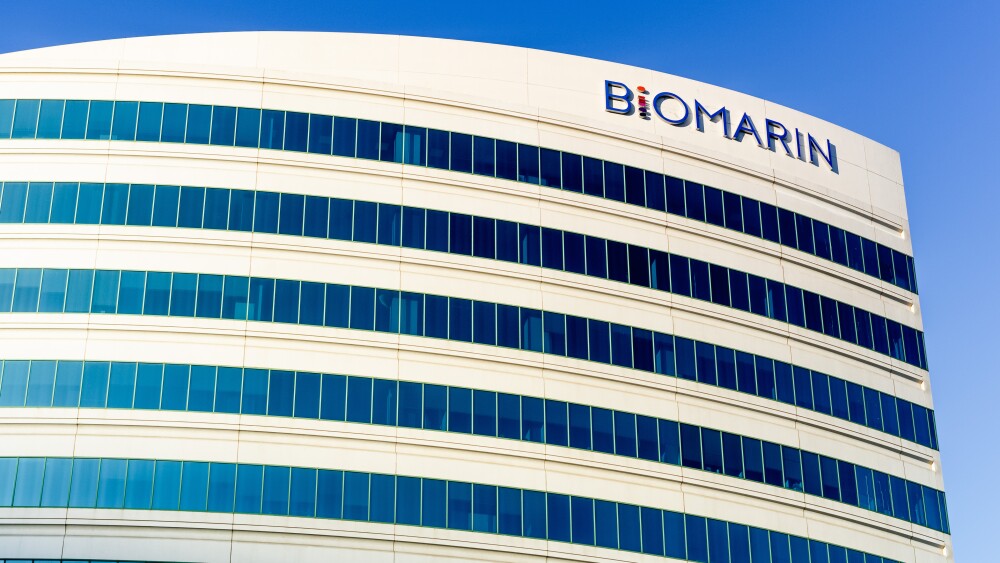American Heart Association Social Impact Fund financially supports innovative solutions to the challenges that have contributed to the disproportionate effect of COVID-19 in communities of color
American Heart Association Social Impact Fund financially supports innovative solutions to the challenges that have contributed to the disproportionate effect of COVID-19 in communities of color
CHICAGO, Nov. 18, 2020 /PRNewswire/ -- The American Heart Association, the world's leading voluntary health organization dedicated to building longer, healthier lives for everyone everywhere will provide financial support to four organizations committed to breaking down the social and economic barriers that prevent people from living longer, healthier lives. Through the Social Impact Fund, the American Heart Association is supporting sustainable solutions to address the challenges that have contributed to the disproportionate effect of COVID-19 in Chicago's most under-resourced communities. The Social Impact Fund in Chicago is supported by a $1 million gift from Blue Cross and Blue Shield of Illinois (BCBSIL).
Currently operating in Chicago, New York City, Boston, San Francisco, Oakland, Detroit, Washington, DC and Flint, Michigan, the Association's Social Impact Fund was created to empower communities with localized resources to change their own trajectory of health and well-being. Through an infusion of financial support, the American Heart Association supports local solutions in the areas of economic empowerment, healthy food access, housing, recidivism, access to quality healthcare, transportation and educational opportunities.
The latest round of Chicago Social Impact Fund financial recipients are:
ChiFresh Kitchen, a for-profit, worker cooperative food service contractor, owned and managed by formerly incarcerated individuals, primarily Black women. Operating out of The Hatchery in Garfield Park, ChiFresh Kitchen sells delicious, nutrient dense meals to institutions serving food insecure residents in Chicago's West and South sides. The funds will help the organization catalyze the growth and sustainability of the social enterprise, build wealth for 75 formerly incarcerated Black women in Chicago over the next five years, and sell 5000 meals per week to Chicago institutions.
CareMessage, a non-profit technology company that uses text messages to help safety-net organizations meet the needs of patients who lack an easy way to track health service appointments and manage medical records. Its comprehensive platform integrates with electronical medical record systems at Federally Qualified Health Centers and free and charitable clinics. The platform allows providers to text targeted interventions that reduce costs and improve patient care. The funds will support a pilot deployment of a new health needs assessment tool at six FQHCs on Chicago's South and West sides, helping to identify the needs of 275,000 patients and connect them to local resources.
Jane Addams Resource Corporation (JARC), a non-profit that provides free technical manufacturing training and wrap-around services to connect low-income adults and returning citizens to careers with family-sustaining wages. JARC trains job seekers for skilled manufacturing positions that employers need to fill, leading to high placement and retention rates. With support from the Social Impact Fund, JARC will provide training and services for up to 70 individuals per year in the Austin neighborhood, directly reducing unemployment rates in a community where 40% of residents live in poverty.
mRelief, a non-profit social enterprise that is transforming access to SNAP benefits for families in need through an easy-to-use, multilingual digital platform. The fund will support the sustainability and reach of mRelief's platform on the South and West sides and expand access to SNAP benefits for 2000 Chicagoans, unlocking more than $2 million for the purchase of healthy foods.
In Chicago, African American and Latino communities are among the hardest hit by the COVID-19 pandemic. According to the Chicago Department of Public Health, African Americans have died of coronavirus at a rate of more than twice their white counterparts, and Latinos represent nearly half of the COVID-19 infections in Chicago. Factors that contribute to disparities among people of color include higher rates of preexisting conditions, such as high blood pressure, diabetes and obesity, more workers with jobs that cannot be performed remotely and less access to health care and healthy foods.
"The American Heart Association's Social Impact Fund recognized and took action to help close the health and social equity gap on Chicago's South and West Sides even before the impacts of COVID-19 magnified just how deadly those gaps are," said Harmony Harrington, vice-president of government and community relations for Blue Cross and Blue Shield of Illinois. "We're proud to fund these efforts as part of our commitment to neighborhood-level, hands-on support to community partners helping improve the health of our communities."
"Long before the coronavirus pandemic, structural racism prevented many Chicagoans from accessing the health care, job opportunities and resources they need to be healthy," said Lisa Hinton, the American Heart Association's Metro Chicago executive director. "COVID-19 shone a spotlight on those inequities, as members of the Black and Latino communities are among the hardest hit by the pandemic. This investment in organizations working on Chicago's South and West sides will create sustainable solutions to the challenges affecting the health and wellbeing of all Chicago residents."
While significant advances have been made in cardiovascular disease prevention and treatment, health results are disparate across economic, racial and ethnic groups. According to the County Health Rankings, only 20% of a person's overall health is determined by clinical medical care, while the rest is determined by social and economic factors, as well as physical environment. Approximately 50 million people in the United States are at higher risk for cardiovascular disease because they lack the most basic needs — healthy food, clean air and drinking water, quality education, employment and housing.
To learn more about the Social Impact Fund and future funding opportunities, visit heart.org/fund.
View original content:http://www.prnewswire.com/news-releases/four-social-entrepreneurs-receive-funding-to-break-down-health-disparity-barriers-in-chicago-301176414.html
SOURCE American Heart Association




